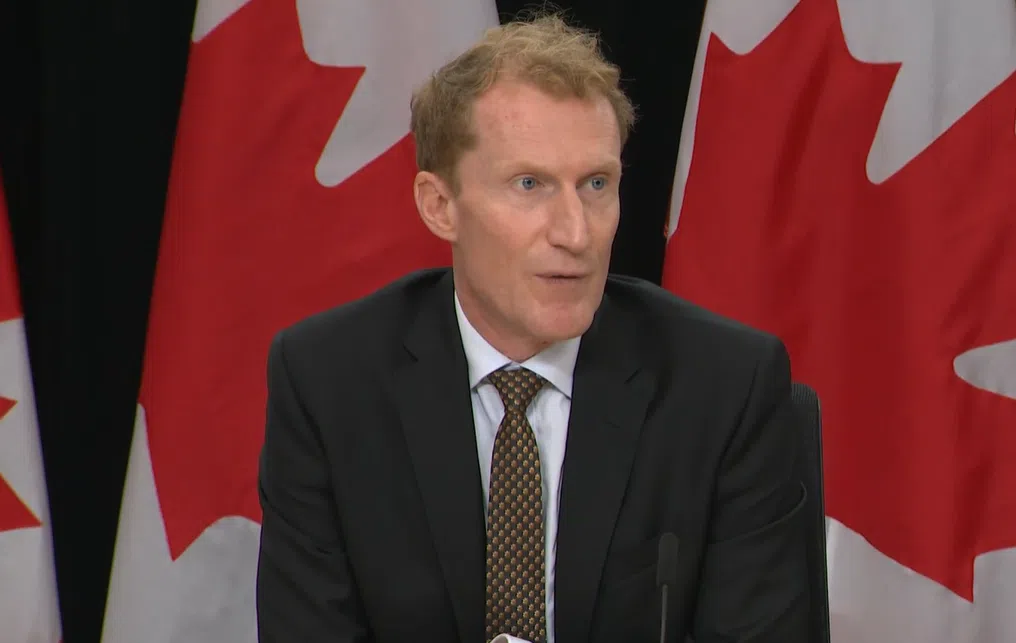Canada’s universities and colleges will see their number of international students drop further.
The federal government is putting a cap on study permits, reducing the current number of 485,000 study permits to 437,000 in 2025 and stabilizing the intake at 2025 numbers a year later.
This follows a similar reduction announced in January.
Immigration, Refugees and Citizenship Minister Marc Miller admits post-secondary institutions will have to refocus their recruitment efforts.
“I’ve told post-secondary institutions several times that they need to adjust their recruitment practices,” says Millers.
“I have told them that the cost of acquisition of international students is certain to increase. So if they adjust their practices, get quality students, make sure those students have the means to stay in here, that’s fine. But when it comes to the numerical amount of students that come into this country, we have fixed that cap at what it was in January.”
The government is also updating the Post-Graduation Work Permit Program to better align with immigration goals and labour market needs.
“For prospective students applying on or after November 1, post-graduation work permit eligibility will depend on the level of study. Graduates from bachelor’s, master’s and doctoral degree programs will remain eligible for a work permit for up to three years,” says Miller.
Miller says over the next three years, it will approximately 175,000 fewer postgraduate work permits will be issued.
Graduates from programs at public colleges will remain eligible for a post-graduate work Permit of up to three years if they graduate from a field of study linked to occupations in long-term shortage.
The government is also taking measures to limit the work permit eligibility to spouses of students in doctoral and certain masters, select professional programs, in certain pilot programs.





